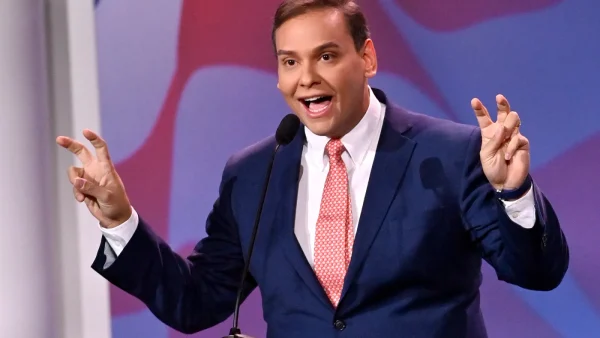Turkey Ratifies the Paris Climate Agreement: What’s Next?
On October 6, 2021, Turkey finally ratified the Paris Climate Agreement. Turkish President Tayyip Erdogan said later: “Whoever made the most damage to nature, our air, our water, our soil, the earth; whoever savagely exploited natural resources needs to make the largest contribution to the fight against climate change.”
Five years after signing on to the Paris Climate Agreement, Turkey’s Minister of Environment and Urbanisation Murat Kurum finally ratified the agreement. Turkey was only one of a few countries that had not yet ratified the treaty as their lawmakers have been protesting for years that Turkey did not qualify to be listed under Annex 1 –industrialized countries– and therefore does not have to contribute more to stopping climate change than underdeveloped countries.
Although many global legislators opposed this statement, calling out Turkey as an industrialized country, Turkish President Tayyip Erdogan said: “Whoever made the most damage to nature, our air, our water, our soil, the earth; whoever savagely exploited natural resources needs to make the largest contribution to the fight against climate change.” The statement essentially confronts the world’s most developed countries about their responsibility in this battle against global warming.
The global temperature has been rising by 0.14 degrees Fahrenheit for each decade since 1880, a rate that will leave the world unrecognizable by 2100. Even today, global warming has left an undeniable impact. Fish are dying as the ocean becomes more acidic, melting permafrost is releasing previously unheard-of diseases, and wildfires are ravaging dry areas. As former U.S. President Barack Obama put it: “We are the first generation to feel the effect of climate change and the last generation who can do something about it.”
Every country in the world has been or will be affected by these rising temperatures. According to the United Nations Framework Convention on Climate Change, the Paris Climate Agreement has united 196 countries under a common goal to reduce global warming by at least 1.5 degrees Celsius (34.7 degrees Fahrenheit). This requires both long-term and short-term action primarily directed at promoting economic and social transformation to become environmentally sustainable. The more developed countries are contributing financial assistance to more vulnerable and less economically stable countries.
Days before officially ratifying the Paris climate agreement, the Turkish government agreed to reach net-zero carbon emission by 2053. The main component of Turkey’s plan is to change its main source of energy use. By installing wind or solar power plants instead of primarily using coal plants, Turkey can reduce their overall carbon emissions by 2030, and hit its 2053 target.
Other countries have also made renewable energy sources a major part of their plan to reduce emissions. India is currently on track to complete its goal of producing 40 percent of its energy through wind or solar power plants by 2030, and the country could reach this target a decade earlier than planned. Morocco is on its way to generating 52 percent of electricity production from renewable energy sources by 2030. In 2018, Morocco completed its construction of the Noor Ouarzazate complex— the largest concentrated solar power plant in the world.
On the other hand, several countries are severely behind on the plan to reduce global warming. China, one of the most industrialized countries in the world, has had a rise in CO2 emissions since 2018. In addition to having a huge increase in the manufacture and consumption of electricity-powered automobiles, China also consumes one of the largest amounts of coal in the world. Russia’s plan to reduce carbon emissions by 6 to 24 percent will have a negligible effect on the entire Paris plan as a whole. However, Russia has recently begun to experience the effects of global warming and therefore may be open to making more of an effort. Russian President Vladimir Putin recently said: “We need to decrease emissions across the economy. Russia can play a role. We have the world’s biggest gas reserves. Of course, gas is a fossil fuel, but it’s the cleanest one, and we can’t go without it. We are also building infrastructure for hydrogen production.”
In the United States, President Joe Biden has committed to cutting national emissions by 50 percent by 2030 along with a plan to have 100 percent renewable energy source production by 2035. “We must keep — we must lead global response because neither challenge [Covid-19 pandemic and climate change crisis] can be met, as Secretary Kerry has pointed out many times, by the United States alone. We know what to do, we’ve just got to do it.” From October 31 to November 12, global leaders will be meeting in Glasgow, Scotland for the 26th United Nations Climate Change Conference.
Although there is much work to be done, and not all individuals support the focus on renewable energy, for now, it looks like the United Nations has a plan to reduce global warming and improve life for millions of people across the globe. Turkey’s ratification of the Paris Climate Agreement is a huge step for the success of this plan. Keep up with climate change progress here.
Erica Brown ‘22, Co-Editor-in-Chief














